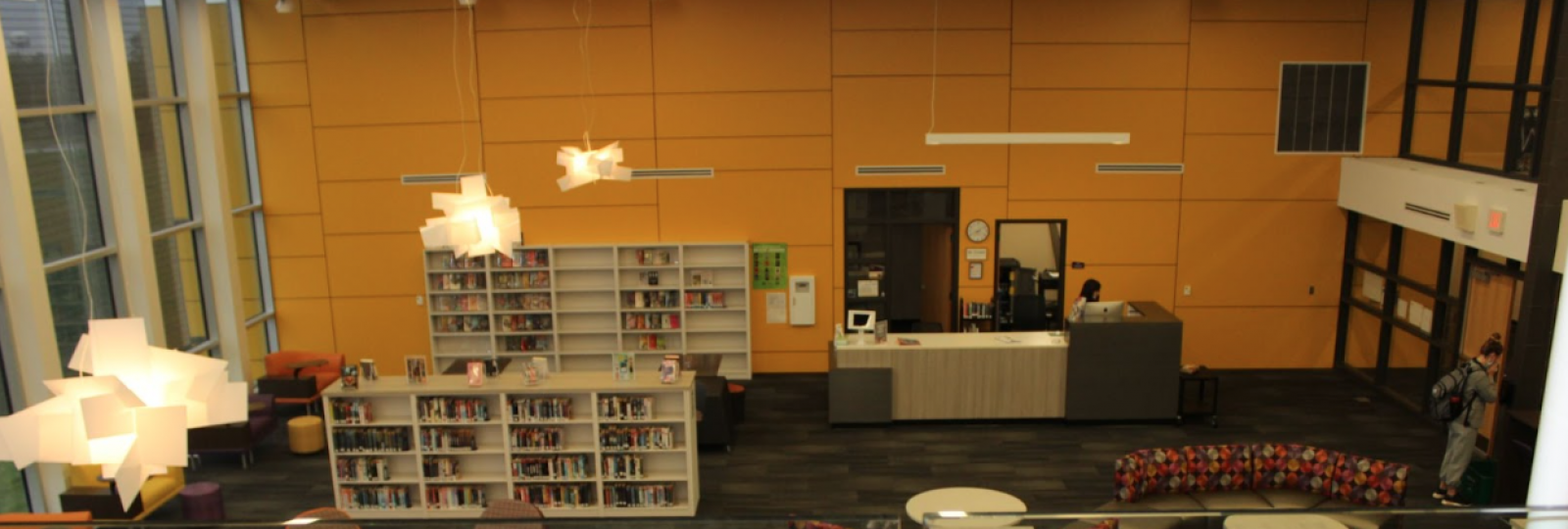Banned Book Week
Why are certain books banned in libraries?
Share this story

Throughout banned books week, September 19th to the 23rd, book bans and challenges across Des Moines were brought to public attention. This event informs and helps prevent censorship in our school libraries and public libraries.
Some examples of highly challenged books nationwide include “Gender Queer” by Maia Kobabe, “Lawn Boy” by Johnathan Evison, “All Boys Aren’t Blue” by George M. Johnson, “Out of Darkness” by Ashley Hope Perez, and “The Hate U Give” by Angie Thomas. Out of these five, so far only Gender Queer has been banned from our library for LGBTQ+ content and sexually explicit scenes. Three out of these five books addressed LGBTQ+ content and four for sexual content. “The Hate U Give” is addressed with an anti-police theme. On top of these, there are several other titles restricted in other libraries and schools, including many novel fantasy and sci-fi books, children’s books, and literary classics.
Our library and community continue to try to handle these bans. “According to the American Library Association, intellection freedom is defined as “the right of every individual to both seek and receive information from all points of view without restriction.” With a challenge, students are at risk of losing access to a potential source of information,” said Jenifer O’Connor, the librarian at Waukee High School who was active during banned books week and continues to get involved. “By removing these vetted, credible sources of information, we are not allowing students to seek and receive information from all points of view. By law, everyone deserves access to the information they seek,” she also said.
There are many reasons why a book might be reconsidered regarding the content it has. Significant reasons are sexually explicit, controversial topics, violence, language, religious content, and LGBTQ content. Parents and school boards are making most of the decisions regarding book bans. “Any decision on whether to limit a student’s access to materials is most appropriately made by a student’s parents, who are best equipped to know and understand their child’s intellectual and emotional development,” said the American Library Association’s Bill of Rights.
The issue of censorship is seen through different perspectives at our school. “I can understand questioning content, in the same way, that we question movie ratings,” said English teacher Brian Christensen. He added, “All kinds of texts are great and need to be viewed at the time they were written as well as through our modern lens.” O’Connor said, “All students deserve the right to see themselves in books and to learn more about the world around them through books. Books are valuable tools to help us understand ourselves and each other better and to celebrate and value both our similarities and differences. If a book is pulled from a library, students miss out on those opportunities.”

